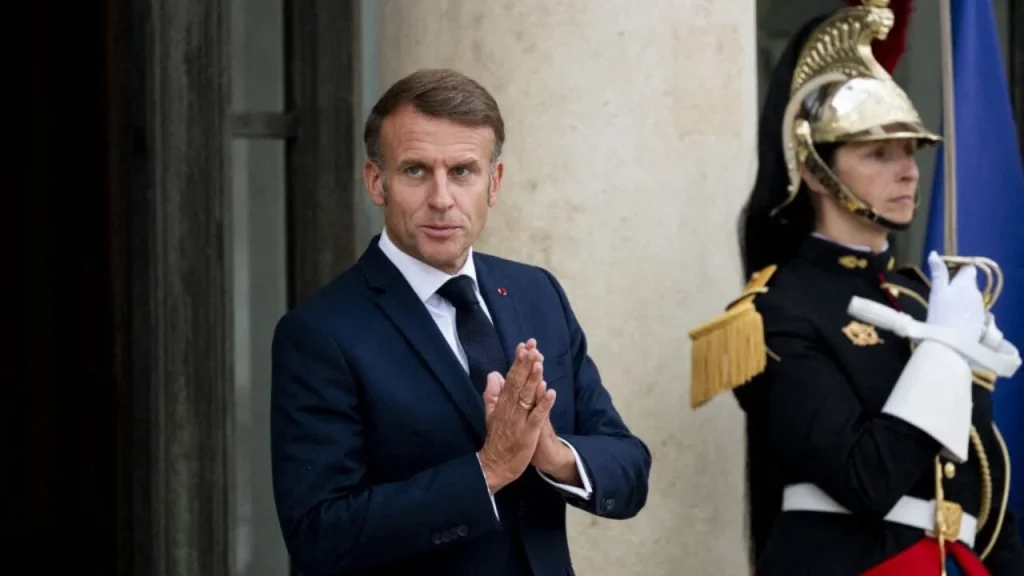On September 19, 2025, France announced the suspension of counterterrorism collaboration with Mali following the arrest of a French national, Yann Vezilier, by Malian authorities.
The detention, which occurred a month ago, involved accusations of Vezilier’s complicity in a coup plot against Mali’s ruling junta. Mali claimed he acted for France’s intelligence agency, a charge Paris firmly denies.
Details of the Arrest
Vezilier was apprehended alongside two Malian army generals and eight others, intensifying the diplomatic row. France insists Vezilier, an accredited embassy staff member in Bamako, was wrongfully detained.
The French foreign ministry condemned the arrest as a breach of the Vienna Convention on Diplomatic Relations, labeling the allegations baseless.
Tit-for-Tat Expulsions
In response, France expelled two Malian diplomats, giving them until Saturday, September 20, 2025, to leave.
Mali retaliated by ordering five French embassy staff to depart, with their exit from Bamako occurring on Sunday, September 14. These mutual expulsions mark a sharp escalation in bilateral tensions.
Shifting Alliances in Mali
Mali severed military ties with France, its former colonial power, in 2022, turning instead to Russia for security support.
This shift reflects broader geopolitical realignments in the Sahel, where Mali, Burkina Faso, and Niger battle a persistent Islamist insurgency in their northern regions.
Recently, insurgents have targeted a vital supply route to Senegal, Mali’s primary maritime access, aiming to impose an economic blockade.
Regional and Global Implications
The suspension of counterterrorism cooperation complicates efforts to address the insurgency, which threatens regional stability.
France’s withdrawal leaves Mali reliant on Russian aid, potentially reshaping alliances. As both nations navigate this fallout, the dispute underscores challenges in international partnerships amid Mali’s ongoing security and economic struggles.
King Charles Attends Historic Catholic Funeral for Duchess of Kent




















